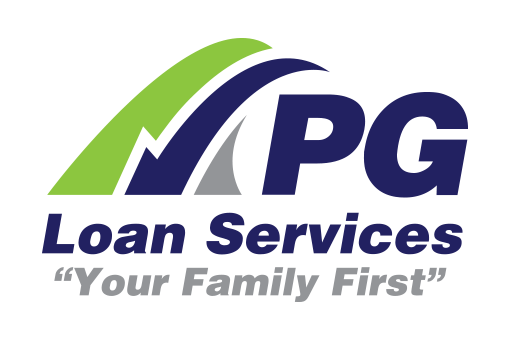
Frequently Asked Questions
What does a Mortgage Broker do?
A mortgage broker is essentially a conduit between you and the lender. Their first job is to assess your financial affairs, put together a picture of your credit-worthiness, and help you determine what type of home loan will be right for you. Having access to numerous institutions makes it much easier to let a mortgage broker do the legwork for you.
What does LVR stand for?
LVR or Loan Value Ratio is the size of the loan on the purchase price, i.e if the purchase price is $500,000.00, then at 80%LVR the loan amount is $400,000.00.
What is LMI?
LMI or Lenders Mortgage Insurance applies if your loan amount is higher than 80% of the LVR. LMI can be capitalised over the life of the loan.
How much deposit will I need?
A minimum 5% of the purchase price is required, this will see you pay a higher interest rate and Lenders Mortgage Insurance (LMI).
20% of the purchase price will see you get a lower rate and not pay Lenders Mortgage Insurance.
What’s better, fixed or variable?
No matter what the interest rates are doing, a fixed rate home loan will not be for everyone. It’s important to think about fixed vs variable rate home loans and the pros and cons of fixing your home loan.
Should I get a pre-approval?
Gaining conditional pre-approval can be a useful thing to have while you hunt down the perfect home, providing you insight into where you may stand with lenders and potentially making you more appealing as a buyer by demonstrating you are ready to proceed with the purchase.
However, it is important to note that conditional approval is not a guarantee that you will be approved when you find a property to buy and proceed to formal approval for a loan. For example, your eligibility may change if:
You (and/or any co-signatories of the loan you’re applying for) have lost income because of the COVID-19 crisis.
The lender alters its loan policies and procedures, such as changing approval conditions.
There are major movements in market interest rates.
If you are planning to borrow more than 80% of the property’s value (known as loan-to-value ratio, or LVR), and so need to receive approval from a provider of lender’s mortgage insurance.
There are a few considerations that could be worth bearing in mind before you choose to apply for conditional pre-approval, however. For example, if you apply to a number of different lenders, applications generally involve a credit check, so making multiple applications could potentially negatively impact your credit score (more on that, below). A pre-approval is also generally only valid for a set time period (usually a few months), so it is a good idea not to apply too early.
How do I apply for a loan? Understand the following points prior to talking to any broker or lender.
Have you researched and compared options?
Answer. i.e. choose between a mortgage broker or bank?
Can I repay the loan?
Answer. You will need proof of income plus the bank has servicing calculators to ensure you have a monthly surplus of funds.
What are my Living Expenses?
Answer. Have a budget, track your savings against expenses.
What is my Credit Score?
Answer. A Credit Score is compiled by an independent company utilising good and bad credit history, it’s important as lenders will check whether you are a high or low risk.you are entitled to one free credit score check per year through most providers.
Do I have to have a Savings History?
Answer. Lenders will want to see good banking behaviour with regular savings and living inside of your income stream.
Do I need stable employment?
Answer. Lenders are generally more comfortable to loan when you are in stable employment rather than someone who has had frequent job changes or long gaps in employment.
Have I considered my current nett worth?
Answer. Understand what your grand total of all your assets minus your liabilities.
For more information, follow this link https://www.canstar.com.au/home-loans/home-loans-faqs/

